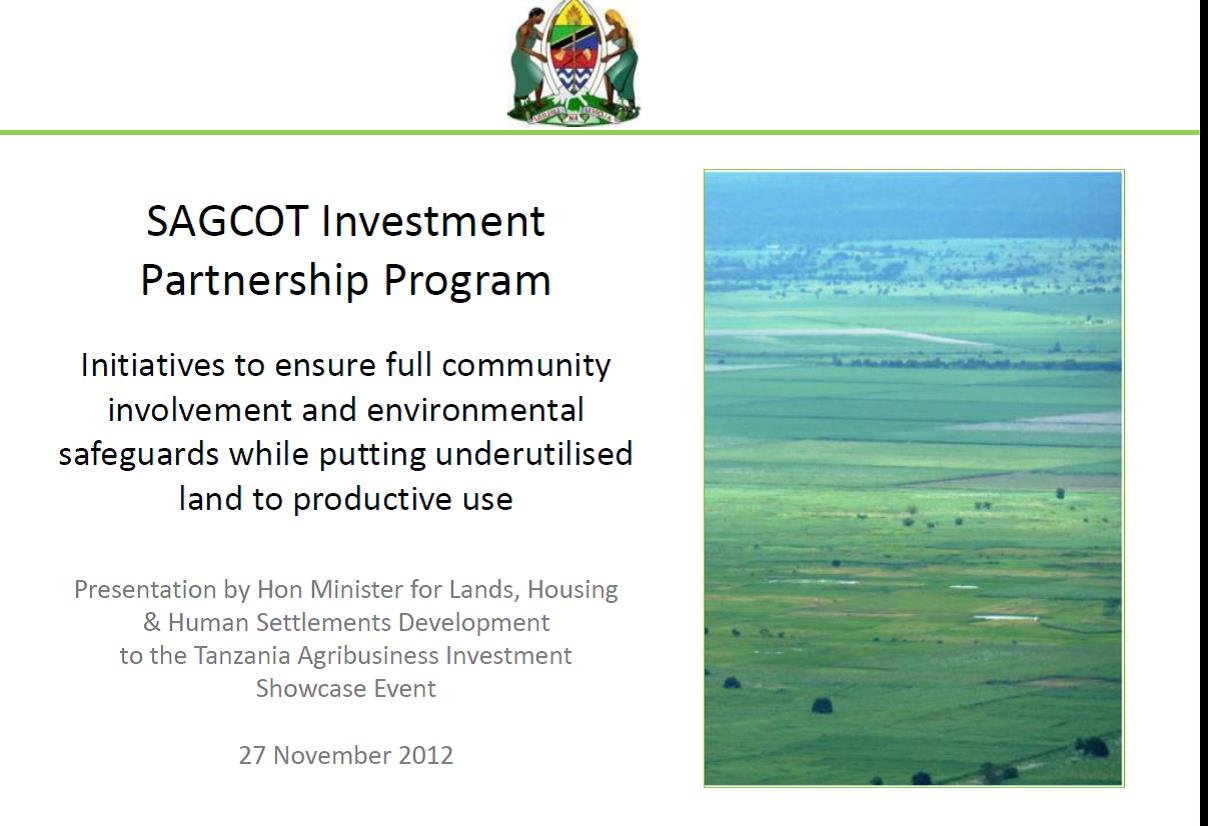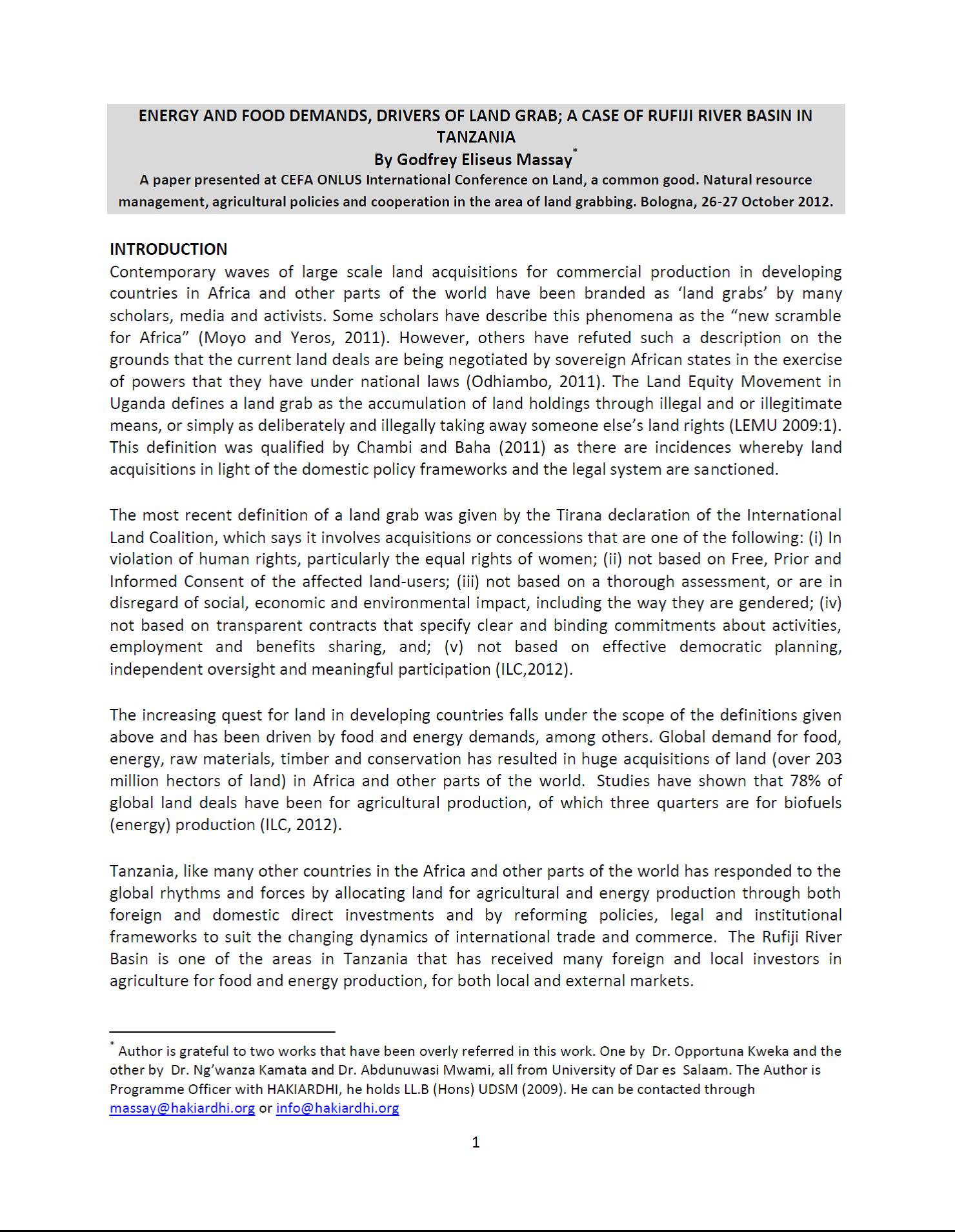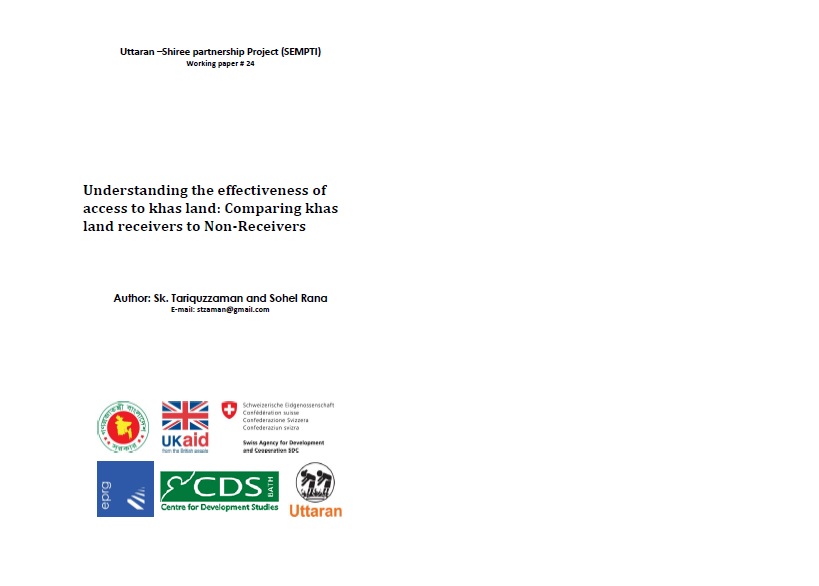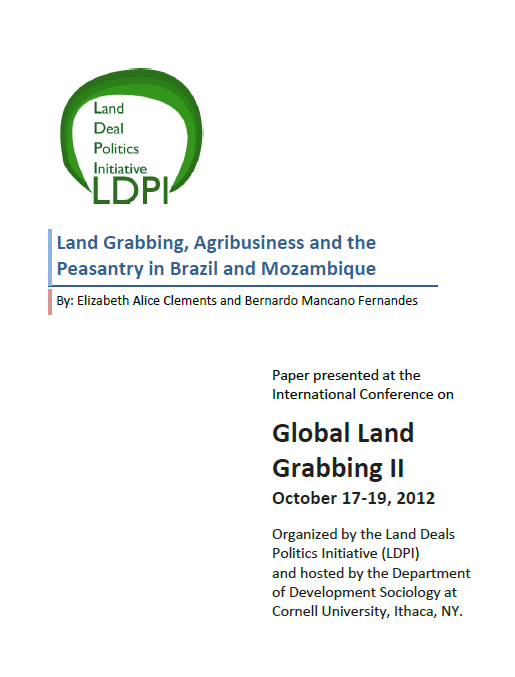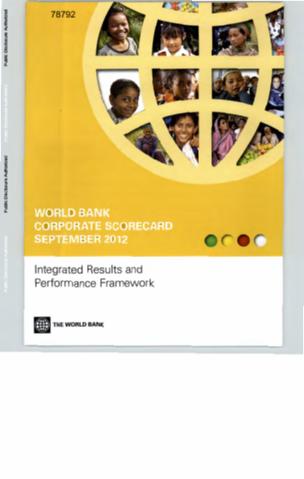SAGCOT Investment Partnership Program
Presentation by the Minister for Lands on the initiatives to ensure full community involvement and environmental safeguards while putting underutilised land to productive use. This is to showcases opportunties in the land sector to investors.

